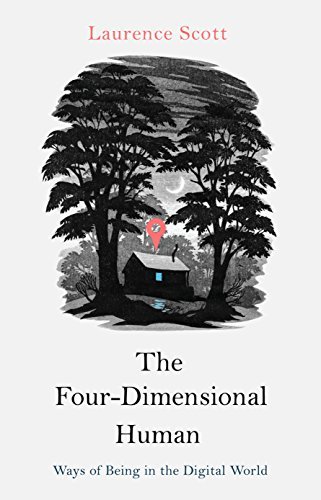What do you think?
Rate this book


272 pages, Kindle Edition
First published June 18, 2015
The collision of these two stories is just one example of how, in an age of constant information, we must daily reconcile two scales of tragedy: the personal and the planetary. The digital age supplies us with a steady exposure to two infinities of horror, the universe of sorrow contained in individual loss, and the vast dread of our collective undoing. [...] This collision of scale threatens us with a loss of proportion, a precondition for a culture of panic.
...Nevertheless there is a strong and widespread feeling that our relationship with technology has to be managed as a sort of chronic problem. Simultaneously we are rightly enamoured with all the ease and enrichment they provide. The four-dimensional human thus regularly experiences two types of breathlessness. The first is due to the thrill of roving over the world, of dropping in on a sibling and their baby on another continent, of staying for five minutes and laughing the whole time, then swooping back into your skin. The second breathlessness is not cheerful, and arises in the moments when all this liberty seems to come at the price of its opposite, when the sum of digital life feels more like a cage than a flying carpet. The ongoing narrative of toxicity and depression that shadows digital progress, in conjunction with a sense that this progress is both for the best and inevitable, creates a pervasive atmosphere of claustrophobia.